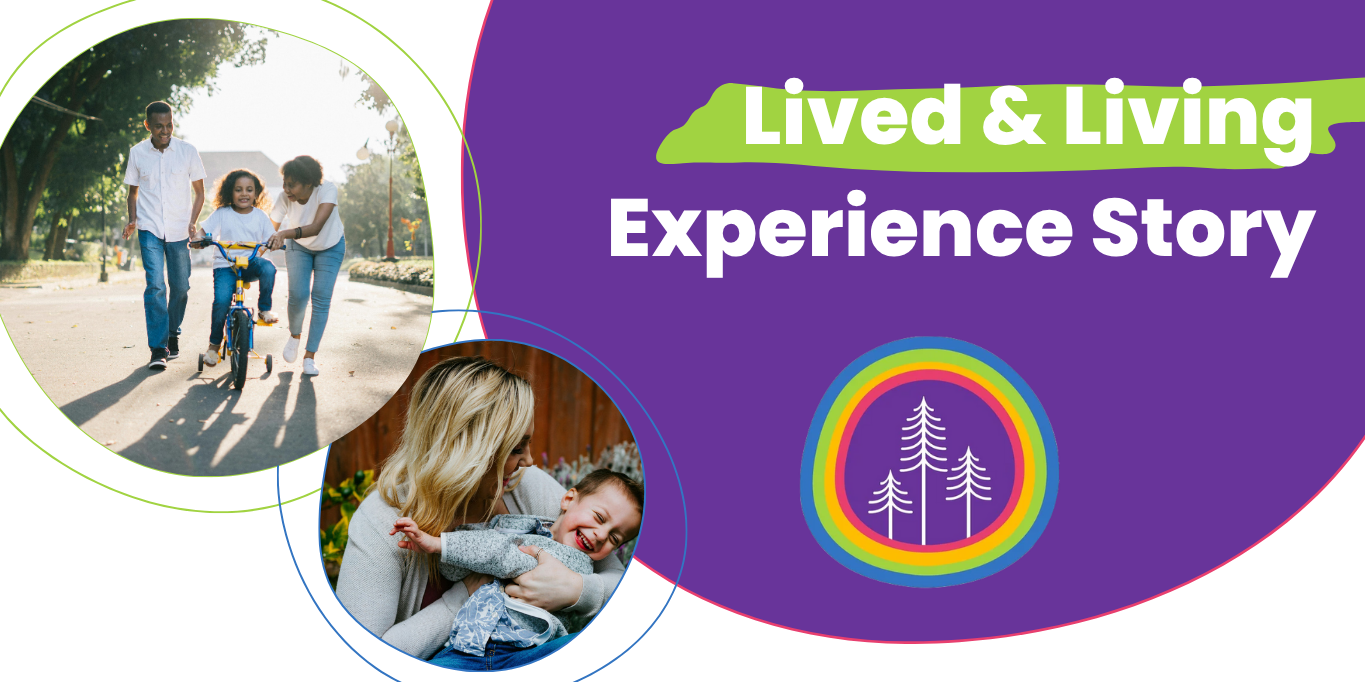From Leslie, a pediatric social worker
Care coordination is essential to help families when they are in distress, confused about systems, feeling pressured to help their child(ren), and trying to navigate with busy lives, different languages, prioritizing life demands.
I’ve been doing therapy and case coordination in a pediatric primary care setting for over 13 years. The relationship and trust building between team members and providers and the patients and families is truly a gift and an essential part of care. Families remember who was helpful, feel empowered, and have a safe place to share and seek out assistance when needed later in life.
It is also amazing to watch kids grow and feel better once connection and resources are in motion. Even with an active and dedicated social worker, care manager, or community health worker, I still find that systems create barriers that make access very, very confusing and difficult. However, I also have many stories demonstrating that even a few sessions, or a connection in the school, or someone to actively listen, validate, and problem solve, can make a big difference in a child’s and parents’ lives.
A typical outcome is when medical and school teams work together and children get diagnosed more accurately, efficiently, and families AND providers have a sense of reassurance. I have had young five and six year olds dealing with ADHD or separation anxiety and destroying classrooms, biting teachers, having “meltdowns” daily. Behaviors that are very difficult for school teams to manage and sometimes, at a loss for what to do.
With the support of a medical team, school counselors or psychologists, and accurate information sharing, we have been able to provide appropriate therapeutic interventions, medication management if needed, and behavioral assessments and plans that support the child, their family, and their educators.
People are often distressed and overwhelmed when their child (ren) are in pain, suicidal, acting out, behaving erratically and hurting themselves and others. There is a great deal of shame involved, and feelings of failure. Hiring and providing funds for community health workers or case managers can make a world of difference for families to have an advocate.

